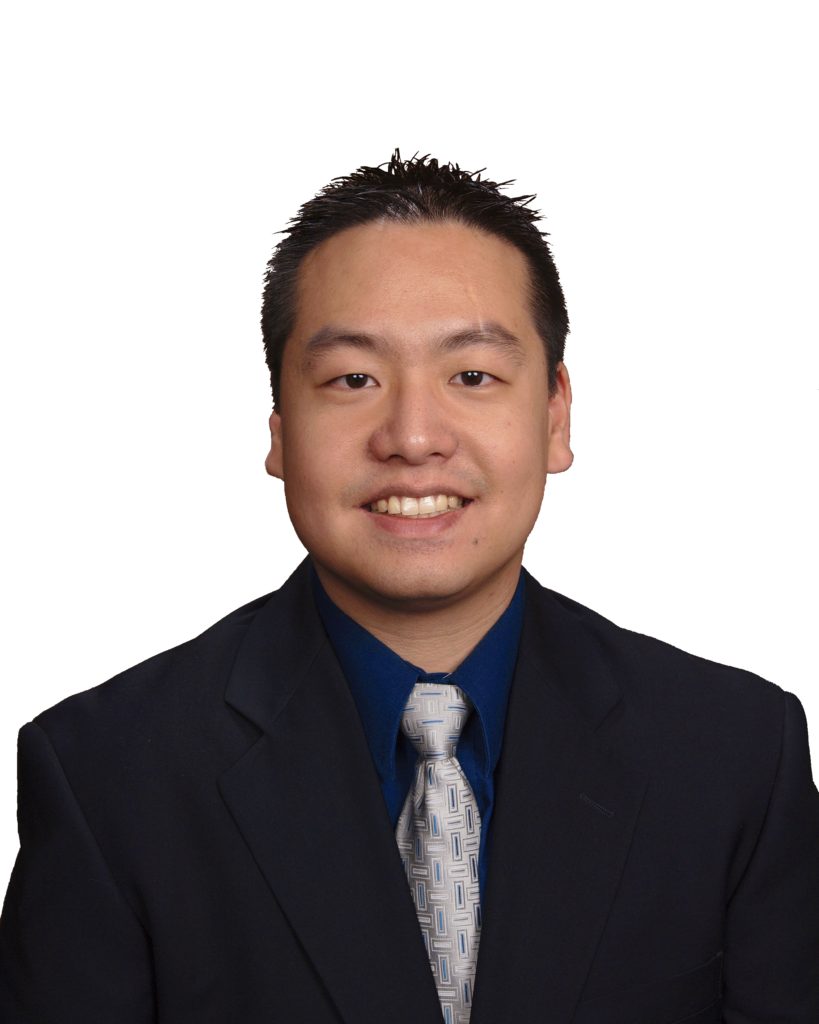
Thank you for visiting Circle City Neuro-Ophthalmology! We are a private neuro-ophthalmology practice located in Indianapolis, Indiana. Please check out our information pages listed below to learn more about us, about neuro-ophthalmology, and the services we offer!
Who Is Dr. Lai?
Dr. Kevin E. Lai, M.D. is the founder of Circle City Neuro-Ophthalmology. He is a board-certified ophthalmologist and fellowship-trained neuro-ophthalmologist, and has been in practice in Indianapolis since 2014, serving the state of Indiana in the fields of ophthalmology and neuro-ophthalmology.
After completing his medical training in Oklahoma and Texas, he and his family moved to Indianapolis in September 2014 and started a neuro-ophthalmology practice with a large multispecialty group. In 2016, he was given the opportunity to start his own part-time neuro-ophthalmology practice, and he founded Circle City Neuro-Ophthalmology to continue serving the people of Indiana. He also works part-time at the Richard L. Roudebush VA Medical Center in Indianapolis, IN, serving the veterans there.

Education and Training
2005
B.S.
University of Oklahoma
Norman, OK
Degree: Computer Science, Summa Cum Laude
Minors: Pre-medicine, Mathematics
Medical Humanities Scholar
2009
M.D.
University of Oklahoma Health Sciences Center
Oklahoma City, OK
2010
Internship, Preliminary Internal Medicine
Scott and White Memorial Hospital/Texas A&M University Health Sciences Center
Temple, TX
2013
Residency, Ophthalmology
Scott and White Memorial Hospital/Texas A&M University Health Sciences Center
Temple, TX
2014
Fellowship, Neuro-Ophthalmology
Dean McGee Eye Institute/University of Oklahoma Health Sciences Center
Oklahoma City, OK
What Is Neuro-Ophthalmology?
Neuro-Ophthalmology is a highly specialized field of medicine. Most people (including many doctors!) are not aware of what neuro-ophthalmology is.
Who Needs To See A Neuro-Ophthalmologist?
Neuro-ophthalmologists are specialists that are trained to take care of very specific problems. While they are able to evaluate and help narrow down visual problems in people with eye or neurological diseases, they do not manage or treat all neurological or visual problems. Neuro-ophthalmologists will often work alongside a neurologist or eye doctor (optometrist [O.D.] and/or ophthalmologist [M.D. or D.O.]) to manage any closely-related conditions.
How Do I See A Neuro-Ophthalmologist?
Because the symptoms of many conditions that neuro-ophthalmologists see may also be caused by eye or brain problems that are easily recognized and treated by ophthalmologists (or optometrists) and neurologists, respectively, most neuro-ophthalmologists require a referral from a medical doctor or optometrist.
This is not a typical medical exam! The neuro-ophthalmologist and his/her staff often spend hours gathering information about your medical history and reviewing those records before your appointment. The appointment itself can take several hours, as the neuro-ophthalmologist may need to perform special tests (sometimes repeating tests performed by other doctors) in order to fully evaluate your condition.
Adapted from the North American Neuro-Ophthalmology Society (NANOS).
 Circle City Neuro-Ophthalmology
Circle City Neuro-Ophthalmology